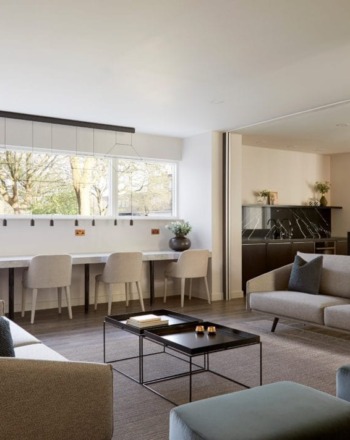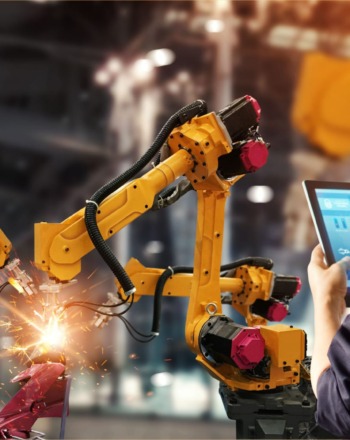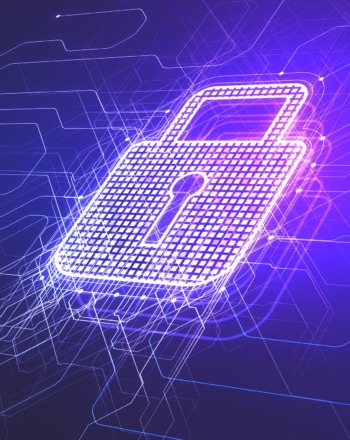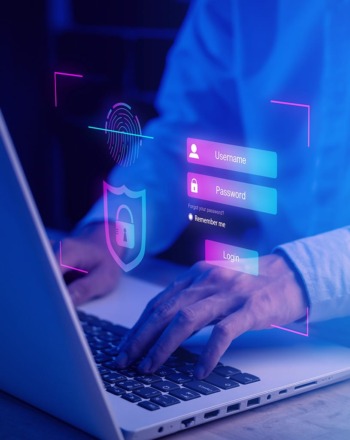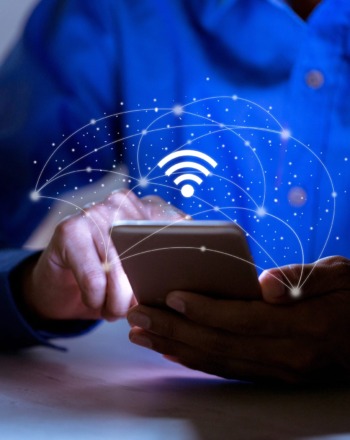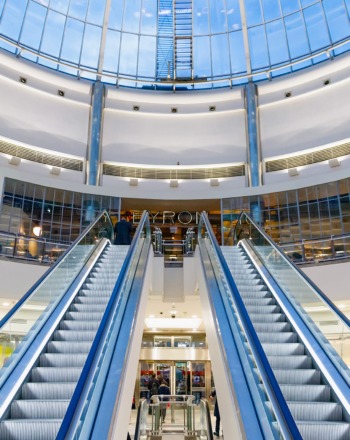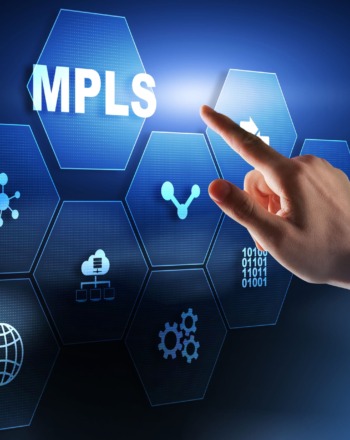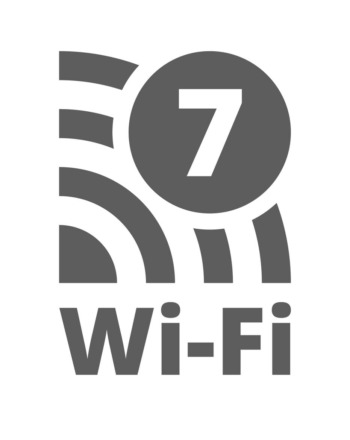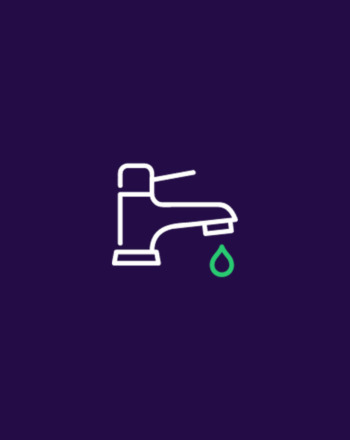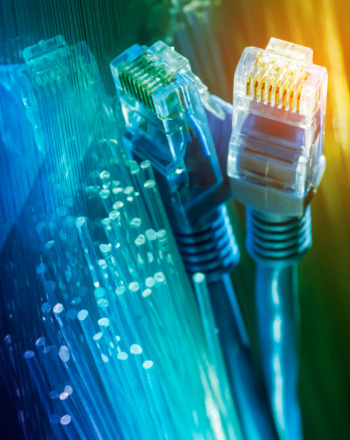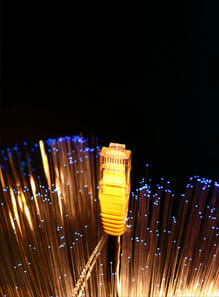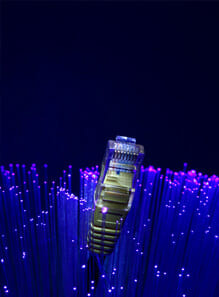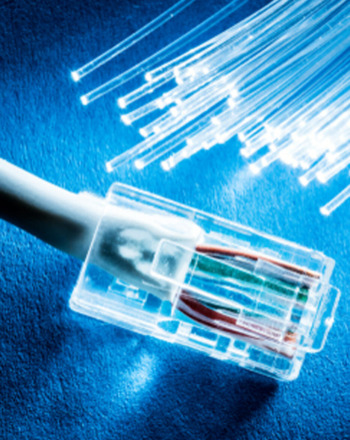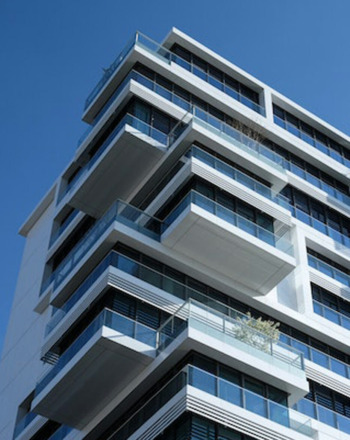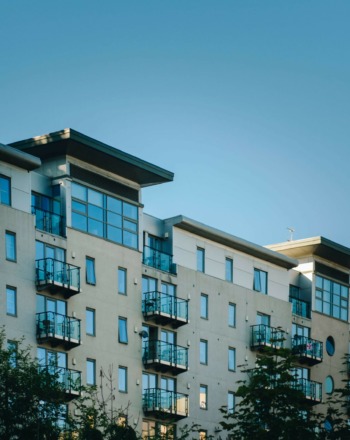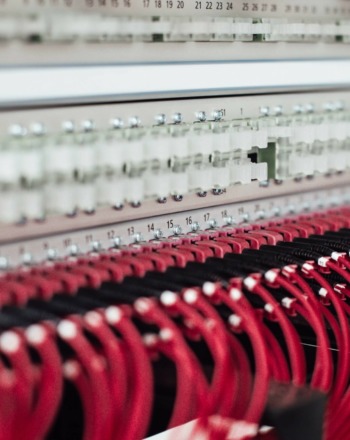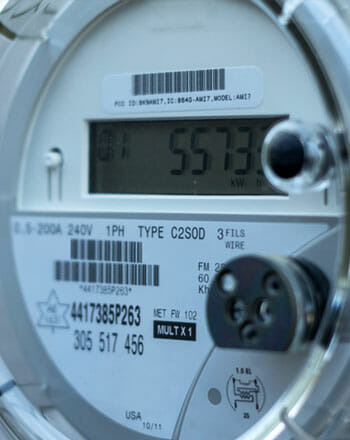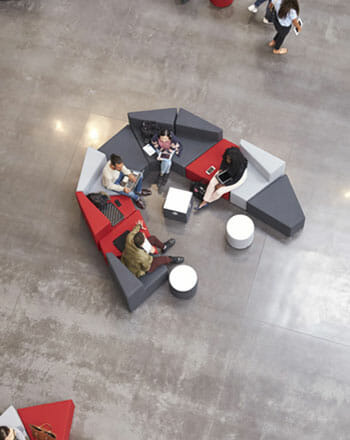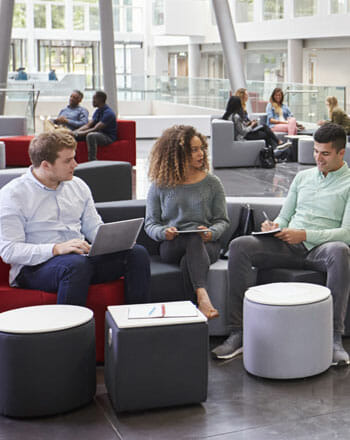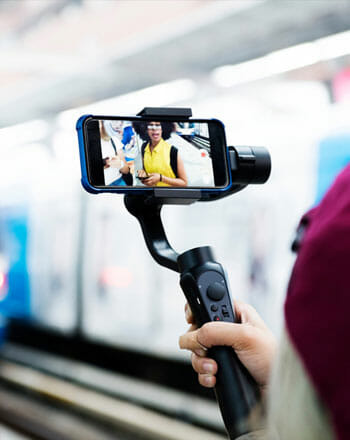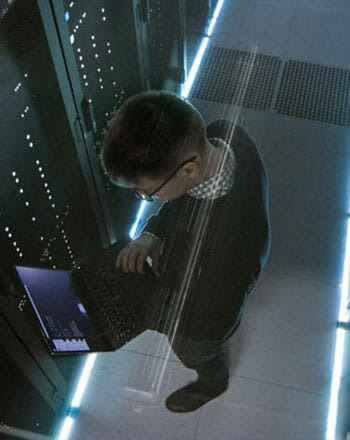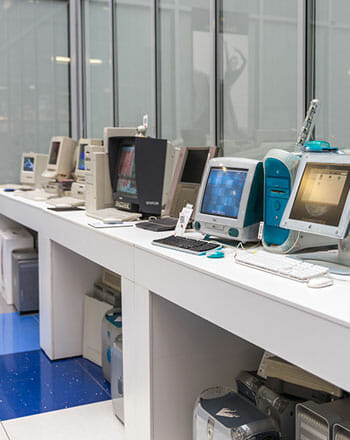Smart technology is no longer a luxury – it greatly enhances the appeal and uses of buildings.
This extends to student accommodation, where the focus is on creating an environment conducive to both well-being and productivity.
From air quality sensors to advanced noise level monitoring, smart tech offers a range of solutions designed to make student life safer, more comfortable, and more focused.
This blog explores smart tech in the context of student accommodation.
What Are Smart Technologies?
Smart technologies refer to a broad spectrum of tools that use data, automation and connectivity to link and network systems together.
For example, smart home assistants like Amazon Alexa can be linked to wireless devices like lighting or thermostats to enable automated, hands-free control. The same principles extend to smart buildings, where building components such as access control, lighting, HVACs, etc, are connected to central software control systems.
One cornerstone of intelligent technologies is the Internet of Things (IoT), a network that connects physical devices to the internet to collect and exchange data.
Fibre broadband is fundamental to creating cutting-edge wireless infrastructure, ensuring gadgets and components can communicate with minimal latency.
What makes these technologies 'smart' is their ability to learn from the data they collect, enabling them to make increasingly sophisticated decisions without human intervention.
Types Of Smart Technology Used in Student Accommodation
Student accommodation creatively leverages innovative technology to deliver safer, more feature-packed spaces that boost wellbeing and productivity.
Here are some examples:
- Room Booking Systems: Many student accommodations now include digital room booking systems that allow students to reserve study rooms, communal kitchens, or even laundry time slots, all from a mobile app.
- Bike Storage Monitoring: For students who cycle, smart bike storage solutions can offer real-time availability updates and even security monitoring, which can be accessed via a mobile app.
- Package Delivery Lockers: Automated locker systems notify students when a package has arrived and allow for secure, contactless pickup at their convenience.
- Shared Study Spaces: Smart technologies can monitor noise levels and occupancy in communal study areas, allowing students to check the status of these spaces before heading over.
- Virtual Classroom Facilities: Some accommodations now incorporate dedicated spaces equipped with high-speed internet and video conferencing tools to support remote learning.
Environmental Monitoring
Environmental monitoring is increasingly becoming important in managing student accommodations.
It involves using advanced sensors and systems to continuously monitor and manage factors contributing to a healthy and comfortable living environment.
What Is Environmental Monitoring?
Environmental monitoring involves:
- Air Quality Sensors: Poor air quality can have a detrimental effect on students' focus and well-being. Air quality sensors can track levels of pollutants, alerting building management to issues that need to be addressed, such as increased ventilation.
- Temperature Control: Automated temperature systems ensure that communal and private spaces are kept at optimal temperatures for comfort and energy efficiency.
- Humidity Monitors: Excess humidity can lead to mould and other issues that are not only unhealthy but also costly to fix. Humidity sensors can alert management to areas of the building that may require dehumidifiers or increased ventilation.
- Noise Level Monitoring: Noise can be a significant issue in shared living spaces. Smart technology can monitor noise levels in study rooms or communal areas.
- Water Quality Testing: In some advanced setups, real-time water quality monitoring can ensure the safety and cleanliness of the water supply, which is particularly important in older buildings.
Benefits of Smart Technology In Student Accommodation
The advantages of integrating smart technology into student accommodation are manifold:
- Enhanced Safety: The newest security systems boast features like facial recognition or biometrics, adding a layer of safety to student accommodation.
- Personalised Comfort: Students can tailor the environmental settings of their room, ensuring that each living space is as comfortable and individualised as possible.
- Academic Performance: Removing minor but distracting chores from a student's to-do list means they can allocate more energy to academic commitments, potentially improving focus and results.
- Eco-friendly: The ability of intelligent systems to adapt to user behaviour and environmental conditions means less wasted energy and a smaller carbon footprint.
- Data-Driven Decisions: The analytics provided by these technologies offer actionable insights. Data can inform decisions for both management and residents.
Impact of Smart Technologies on the Student Housing Industry
From keyless entries and smart thermostats to communal areas equipped with the latest tech, student accommodations are being upgraded to offer students more in this competitive market.
Universities and colleges stand to gain reputational advantages by offering top-quality student accommodation fit for the digital age.
As smart technologies evolve, their integration will transition from a unique selling point to a new benchmark.
Student accommodation providers who fail to adapt risk losing out to competitors.
Student Accommodation Connectivity Made Simple With Glide
When it comes to redefining student accommodation through intelligent technology, look no further than Glide.
We provide all-encompassing solutions that touch every facet of smart living – from robust internet connectivity to state-of-the-art environmental monitoring systems.
We can recommend the best student accommodation ISP and recommend optimal student accommodation connectivity infrastructure.





